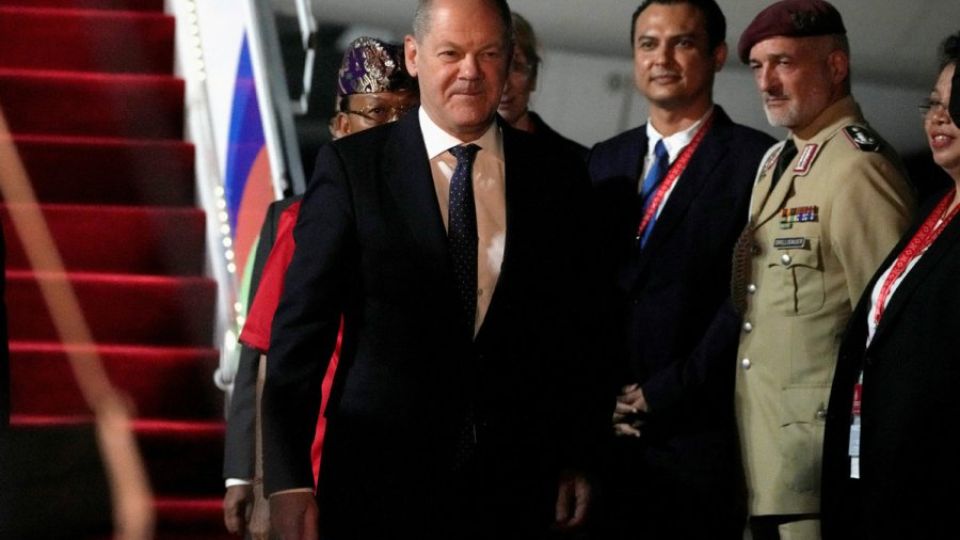December 9, 2022
BEIJING – In an opinion piece published online on Monday by the policy magazine Foreign Affairs, German Chancellor Olaf Scholz warned against a new Cold War dividing the world into blocs and called for every effort to be made to build new partnerships “pragmatically and without ideological blinders”.
In particular, the German leader argued that “China’s rise does not warrant isolating Beijing or curbing cooperation”.
While many hoping for a reconciliation between China and the West will be happy to read that, which came after Scholz’s visit to Beijing last month and marks the German leader’s openness for cooperation and dialogue, any optimism should be tempered as there is another side to the coin.
Scholz vigorously endorsed bolstering support for “democracies” around the world and urged stronger European and transatlantic unity to counter countries that pose a threat to a “multipolar” world. Ironically, he pointed to China and Russia in particular, which are widely regarded as major pillars of a multipolar world.
Although the appeal he makes in the article to extend dialogue and cooperation beyond the “democratic comfort zone” represents progress of sorts from the Cold War future the United States is leading the world to, it is made under the prerequisite that the world should be divided into a “democracy” club and the rest, according to Western standards.
That is a regression from the outlook of his predecessor Angela Merkel, who regarded Germany’s national interests and the European Union’s independence from the US as the starting point for her foreign and economic policies. For Scholz, future cooperation and dialogue between China and the West should primarily be carried out from the perspective of overcoming ideological differences between two camps rather than tapping economic complementarity or fulfilling common global responsibilities.
Such interactions would not be carried out on an equal footing with mutual respect as the norms of modern international relations require them to be, but instead be a condescending favor extended by the “democratic” countries to others.
Notably, revealing his lack of understanding on the matter, Scholz warned that Beijing’s approach to resolving the Taiwan question requires Europe and North America to form new and stronger partnerships with countries around the world. This is a dangerous sign of his country’s readiness to participate in multilateral troublemaking rather than being a security “guarantor” for the world.


